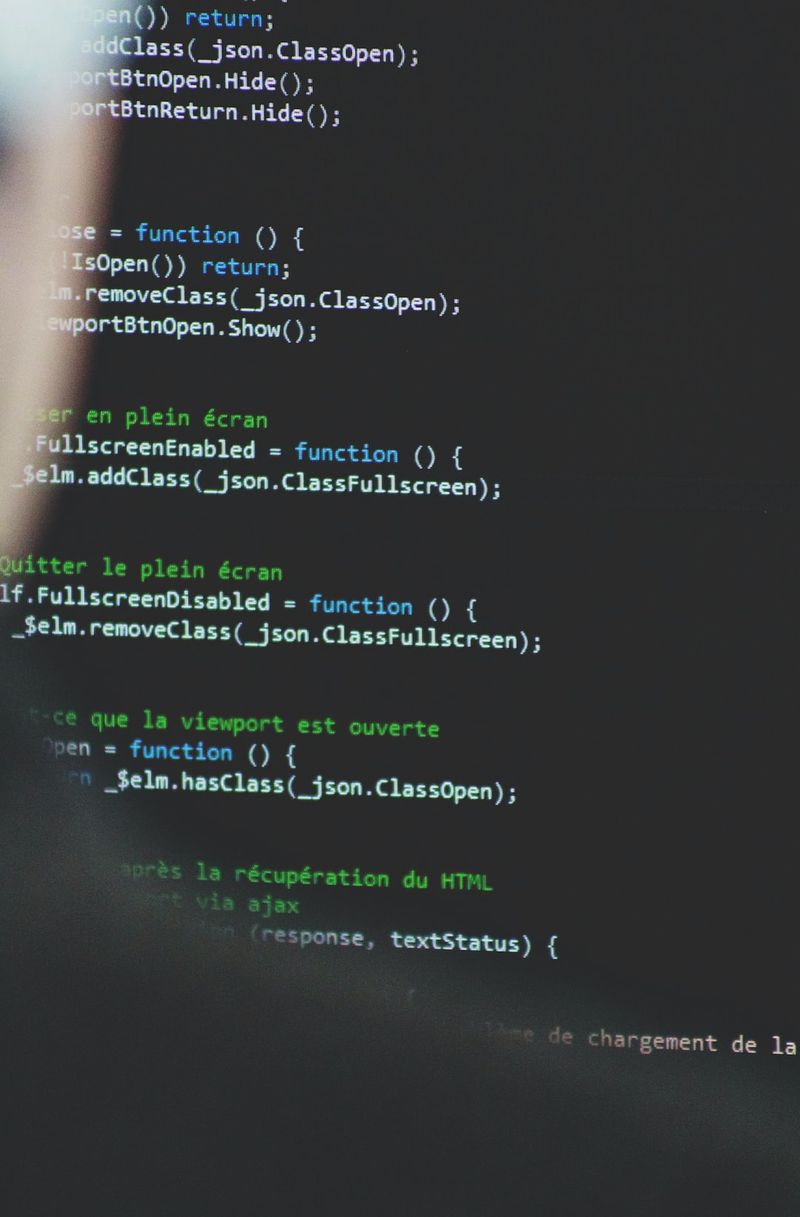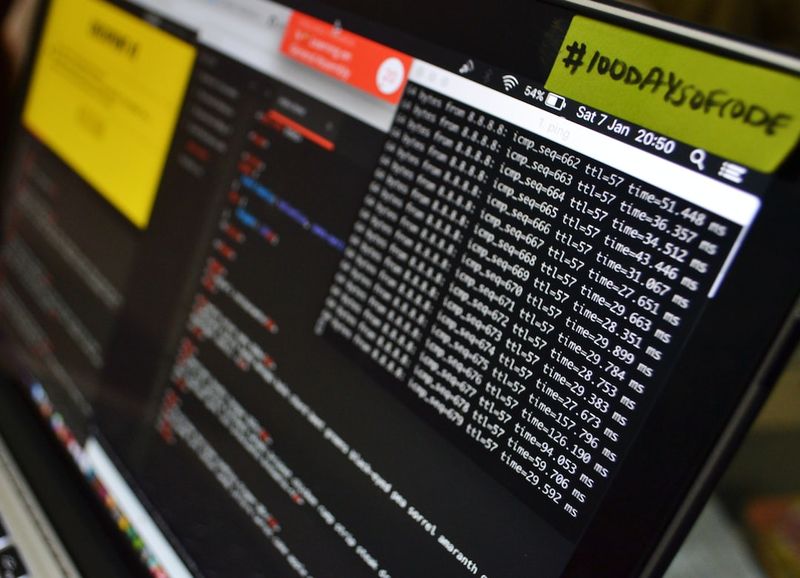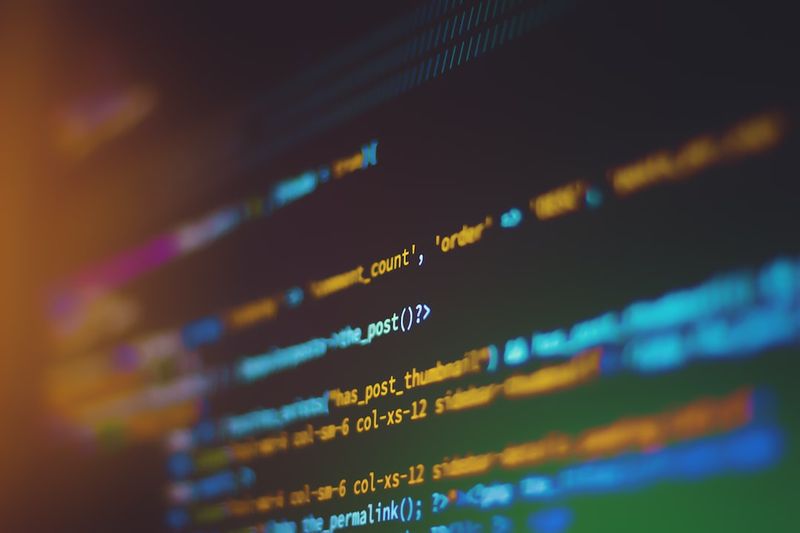SEC Charges SolarWinds and Its CISO With Fraud and Cybersecurity Failures
The Securities and Exchange Commission (SEC) has filed charges against SolarWinds and its Chief Information Security Officer (CISO), Timothy G. Brown, alleging that the company misled investors about its cybersecurity practices and known risks. The charges stem from alleged fraud and internal control failures related to cybersecurity weaknesses that occurred between the company‘s 2018 initial public offering (IPO) and the revelation of the SUNBURST cyberattack in December 2020.
Allegations of Misleading Investors
The SEC‘s complaint accuses SolarWinds and Brown of deceiving investors by overstating the company‘s cybersecurity practices while downplaying or failing to disclose known risks. Internal documents and communications highlighted specific cybersecurity deficiencies and escalating threats, including concerns about the company‘s remote access setup and the potential for major reputation and financial loss.
Despite being aware of these cybersecurity risks and vulnerabilities, Brown allegedly failed to adequately address them within the company. As a result, SolarWinds was unable to provide reasonable assurances that its flagship Orion product and other valuable assets were adequately protected.
Impact on Investors
The incomplete disclosure about the SUNBURST attack in a December 2020 filing resulted in a significant drop in SolarWinds‘ stock price. The company‘s stock fell approximately 25% over the next two days and approximately 35% by the end of the month.
SEC Charges and Potential Consequences
The SEC has charged SolarWinds and Brown with violating antifraud provisions of the Securities Act of 1933 and the Securities Exchange Act of 1934. SolarWinds is also accused of violating reporting and internal controls provisions of the Exchange Act, while Brown is alleged to have aided and abetted the company‘s violations. The complaint seeks permanent injunctive relief, disgorgement with prejudgment interest, civil penalties, and an officer and director bar against Brown.
Criticism and Response
SolarWinds‘ President and CEO, Sudhakar Ramakrishna, claims that the company maintained appropriate cybersecurity controls before the SUNBURST incident and intends to vigorously oppose the SEC‘s action. Ramakrishna expressed concern that the charges could hinder open information-sharing across the industry and discourage cybersecurity professionals from actively engaging in defending against attacks.
A SolarWinds spokesperson criticized the SEC‘s charges, viewing the agency’s actions as an example of overreach that could put national security at risk. The spokesperson believes the charges will discourage committed cybersecurity professionals and public companies in the country.
Analysis and Advice
The Importance of Investor Confidence in Cybersecurity
The SEC‘s charges against SolarWinds and its CISO highlight the critical role that cybersecurity plays in investor confidence. As cyber threats continue to grow in frequency and sophistication, investors rely on accurate and transparent information from companies regarding their cybersecurity practices and risks.
Proper cybersecurity controls and effective risk management are essential for companies to protect their assets, reputation, and financial standing. By accurately disclosing cybersecurity risks and implementing appropriate measures, companies can maintain investor trust and mitigate potential harm caused by cyber incidents.
Addressing Cybersecurity Weaknesses and Encouraging Accountability
The SEC‘s charges against SolarWinds and its CISO emphasize the need for companies to take cybersecurity seriously and address vulnerabilities promptly. Companies should regularly assess their cybersecurity practices, implement necessary improvements, and disclose risks to investors in a transparent manner.
Leaders, including CISOs, play a critical role in driving cybersecurity initiatives within organizations. CISOs must be proactive in identifying and addressing vulnerabilities, escalating threats, and ensuring that cybersecurity controls are robust and effective.
Furthermore, companies should foster a culture of accountability and transparency, where concerns are raised, acknowledged, and addressed promptly. Employees should feel empowered to report cybersecurity risks and deficiencies without fear of retaliation or indifference.
Promoting Information-Sharing and Collaboration
The SEC‘s charges have raised concerns about the potential impact on information-sharing and collaboration within the cybersecurity community. Sharing knowledge and insights about cyber threats and vulnerabilities is crucial to collective defense against cyberattacks.
It is imperative that the charges against SolarWinds and its CISO do not discourage cybersecurity professionals from actively participating in information-sharing initiatives or hinder public-private partnerships. Collaboration between industry, government, and security experts is essential to developing effective cybersecurity strategies and defending against evolving threats.
Regulatory Oversight and Industry Standards
The SEC‘s actions against SolarWinds serve as a reminder of the important role regulatory agencies play in safeguarding investors and enforcing cybersecurity standards. Companies must comply with relevant regulations and standards, including those related to reporting, internal controls, and cybersecurity.
Regulatory agencies should continue to enhance their understanding of cybersecurity risks and work collaboratively with industry leaders to establish appropriate standards and guidelines. Such measures can help ensure consistent cybersecurity practices and provide investors with accurate information to make informed decisions.
Ultimately, the SolarWinds case highlights the need for a comprehensive approach to cybersecurity that includes strong controls, vigilant leadership, transparent reporting, and effective collaboration. By addressing these key aspects, companies can strengthen their cybersecurity defenses and maintain investor confidence in an increasingly digital and interconnected world.

<< photo by Kenny Eliason >>
The image is for illustrative purposes only and does not depict the actual situation.
You might want to read !
- Google Dynamic Search Ads: Unleashing a Malware Deluge
- Preventing Attacks: New Research Bolsters Infrastructure Resilience
- Budget Cuts Threaten Enterprise Cybersecurity: Examining the Implications of CISA’s Funding Woes
- Securing Cloud Identities: Safeguarding Assets and Mitigating Risks in the Digital Era
- Israel-Hamas Cyber Battle: Escalating Cyber Operations Unveiled
- 1Password Takes Action to Protect Users Following Okta Support Breach
- The Global Spyware Trade: A Dark Web of European Complicity
- Vietnam’s Connection to EU-Made Malware Exposes Spy Campaign
- European Companies Complicit in Selling Spyware to Despotic Regimes
- The Hidden Expenses of UEM: Uncovering the True Cost of Switching
- The Future of Cybersecurity: How Malwarebytes is Combatting Identity Theft
- Finland’s Fight Against Cyber Criminals: Psychotherapy Hacker Charged With Extortion
- Boeing Braces for Cybersecurity Crisis: LockBit Gang Claims Ransomware Breach
- Boardroom Buzz: Why CISOs Are Essential for Corporate Success
- Cutting Corners: The Potential Impact of CISA Budget Cuts on Enterprise Cybersecurity
- Driving Cyber Connections: UAE and US Treasury Forge Strategic Partnership in Cybersecurity
- “Exploring Canada’s Decision to Ban WeChat and Kaspersky on Government Phones”
- SEC Investigating Progress Software Over MOVEit Hack: Examining the Regulatory Fallout of Cybersecurity Breaches




